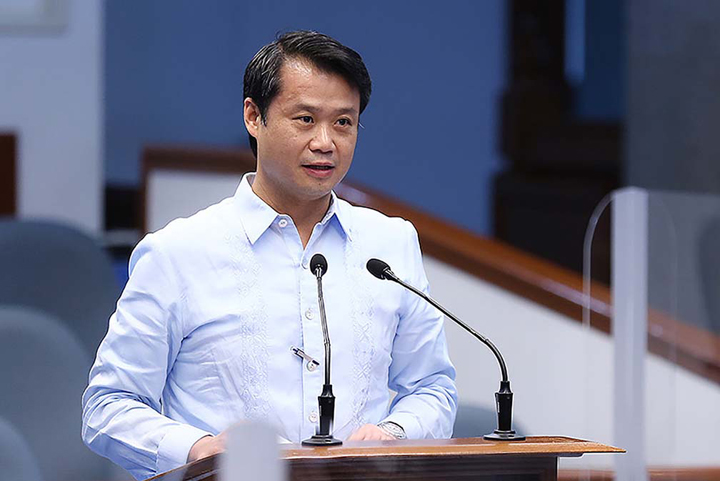
SIGNALING impatience over the slow pace of long-delayed reforms in the government-owned and -controlled corporations (GOCC) sector, senators pressed officials of the Governance Commission for GOCCs (GCG), which has oversight powers on the state firms, to step up their efforts.
“Some see GOCCs as [just an] added layer, they need to be more relevant,” Sen. Sherwin Gatchalian stressed, conveying an emerging consensus in the chamber.
According to the GCG presentation, only one of 29 GOCCs targetted for abolition has been completely abolished and fully liquidated from 2016 to present.
One out of two mergers were completed: the merger of UCPB with LandBank, which the President approved in 2021 but is awaiting Central Bank approval.
The annual cost savings of three GOCCs approved for abolition—Quedan and Rural Credit Guarantee Corp., Partido Development Administration and the Philippine Sufgar Corp. or Philsucor—is estimated at P731.16 million.
The potential overall cost savings on operating expenses of all GOCCs approved for abolition between 2016 and 2020 was estimated at P1.9 billion from 2016 to 2020, according to COA Audit Reports on GOCCs.
PITC case
Presiding over the Senate Finance Sub-committee hearing on the proposed 2022 budget of GOCCs, Gatchalian zeroed in on the case of the Philippine International Trading Corp. (PITC), the controversial attached agency of the Department of Trade and Industry (DTI).
The senator noted that PITC, which has been tagged as a “mega-parking lot of idle funds” of government agencies that should have been used to procure urgent services and equipment, has outlived its original usefulness and in recent months has been subject of mounting calls from lawmakers for its abolition.
Earlier congressional inquiries on PITC’s questionable engagements with other agencies outsourcing their procurement chores to it had elicited revelations that billions of funds were parked with PITC to make it look like they were “obligated funds” and thus avert the legal requirement to revert these to the National Treasury.
Gatchalian wondered aloud why the GCG had given the PITC a good rating on its scorecard—82.59 percent—despite its questioned practices. “How come, under the GCG system, they’re [PITC] getting high grades, but under the Commission on Audit,” the agency is being flagged for deficiencies and questionable practices, such as keeping billions of other agency funds for several years without the intended procurement happening.
At Monday’s Finance subcommittee hearing, Sen. Nancy Binay noted that PITC has in recent years strayed from its mandate—updated in 1977 with a decree by then President Ferdinand Marcos—to be in charge of the country’s trade transactions worldwide. Its original mandate in 1937 was to manage the country’s transactions with Socialist and Other Centrally Planned Economy Countries (SOCPEC).
In recent years, it was noted to have become a “parking lot” for billions in procurement budgets of other state agencies, becoming simply an avenue for transferring funds without actually doing the work it was cut out for.
“We transferred funds [to PITC] to look good,” but this came at the taxpayers’ expense, Binay said, and she expressed concern that “what PITC does might be copied by other GOCCs” in order to improve their fiscal standing on paper.
Gatchalian griped that PITC has “not been performing its mandate, despite billions in unliquidated funds,” even as the senator suggested the situation “can still be improved.”
At a recent Senate hearing, Officer in charge Tina Rose Canda of the Department of Budget and Management said the PITC was set to return to the Treasury some P10 billion in idle funds by year-end, or the early part of 2022.
Only 1 GOCC abolished
“Regulating 121 GOCCs is not easy,” Gatchalian said, noting “there are a lot of self interests but conflict of interests should not prevail. They just need to work faster, be aggressive and strengthen the law.”
The senator admitted he was “not so satisfied under the administration as only one was abolished,” and suggested to the concerned officials: “you propose [to us] legislative action or legislative measure to improve the process.”
He acknowledged finding “problems in liquidation,” noting it has been 10 years since the law was passed to trim GOCCs.
“We can help the Asset Disposal Office,” Gatchalian assured the GCG officials, adding: “Suggest to us what can be done…tell us what needs to be done by remedial legislation.”
Image courtesy of Mark Cayabyab

